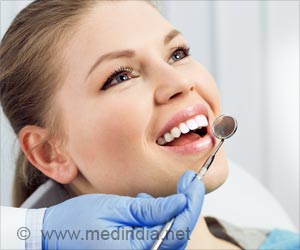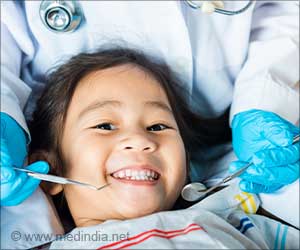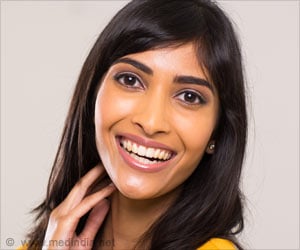Recording smart phone video selfies of tooth-brushing can help people learn to improve their oral health care techniques, suggested a new study.
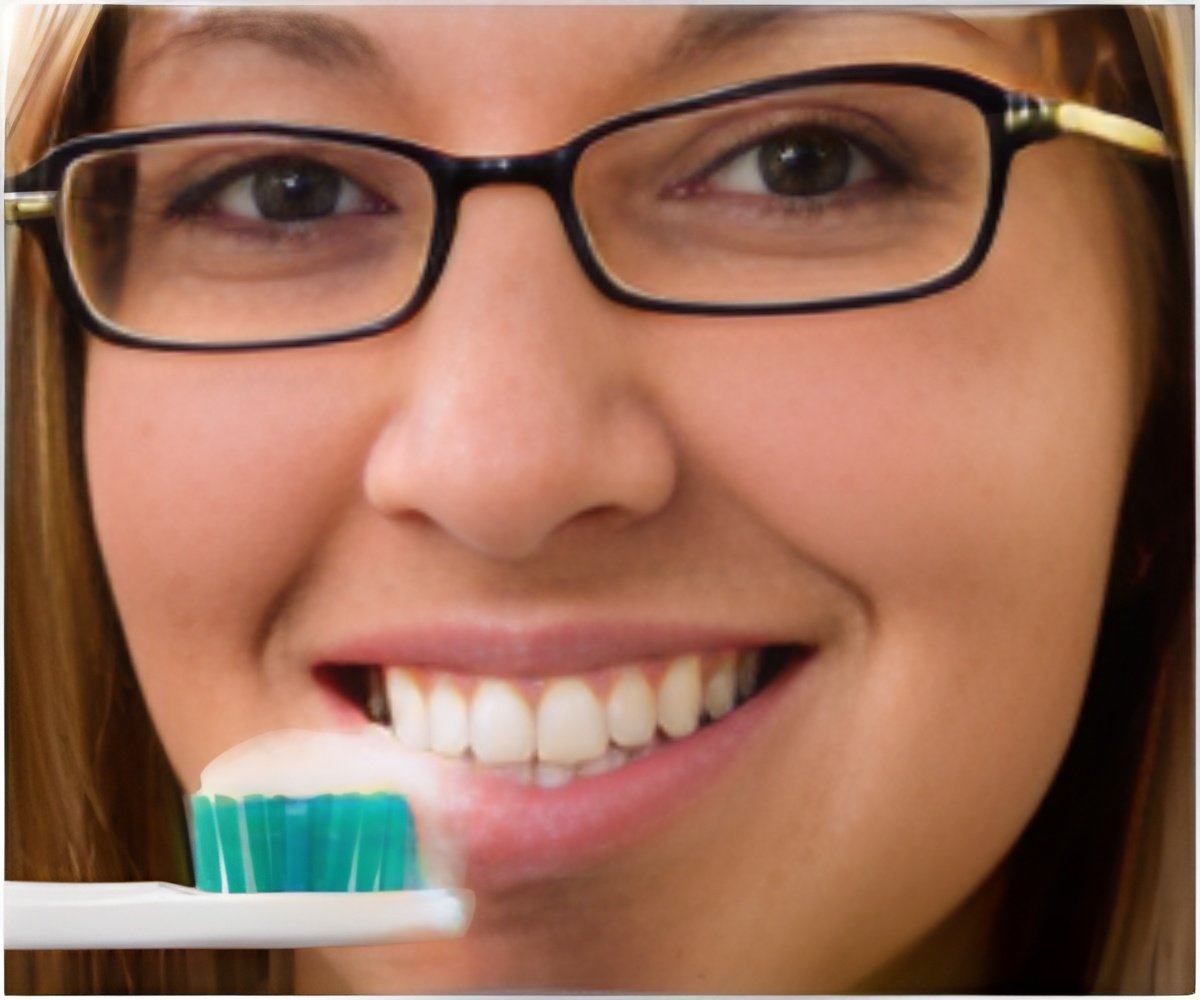
TOP INSIGHT
Recording smart phone video "selfies" of tooth-brushing can help people learn to improve their oral health care techniques.
While most people have the ability, motivation and desire to brush their teeth properly, they often do not because of improper techniques - and opportunities to improve such skills can be few.
"Often, tooth-brushing is learned and practiced without proper supervision," said Lance T. Vernon, a senior instructor at the Case Western Reserve University School of Dental Medicine and co-author of the study. "Changing tooth brushing behaviors - which are ingrained habits tied to muscle memory - can take a lot of time and guidance."
"Our study suggests that, in the future, recording these selfies can help shift some of this time investment in improving brushing to technology," added Vernon. "Patients can then receive feedback from dental professionals."
The very act of recording a selfie may disrupt ingrained habits, making participants conscious of their brushing and reinforced staples of behavior change, including the process of memory formation, association and creating new muscle memory.
Video and picture selfies are increasingly used in medical fields to assess, monitor and determine the progression of diseases and effectiveness of treatment - a new area of gathering data known as mobile health, or "mHealth" - said Vernon.
Before the study, participants' brushing habits were assessed and corrected until each were able to demonstrate proper technique. During the study, they were scored on time spent brushing and skill mastery, including brushing in a circular motion, obtaining a 45-degree angle while brushing facial surfaces of teeth and correct positioning of the arm.
Looking ahead, researchers envision a video-based monitoring app, which could record videos of patients brushing at home that are later reviewed by oral health professionals.
"The cost of an app could be minor, while potentially there could be major long-term benefits to a user's oral health and quality of life," Vernon said. "Dental care can be inaccessible because of cost and access. It's possible dental selfies and other 'mHealth' strategies on phones can become an important part of oral health prevention and diagnosis in the future."
Source-Eurekalert
 MEDINDIA
MEDINDIA
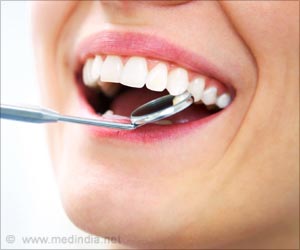

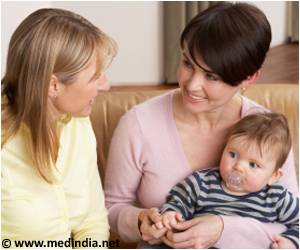
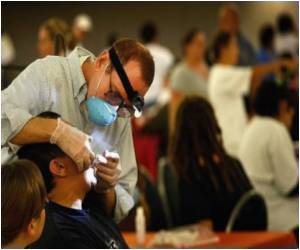
 Email
Email







